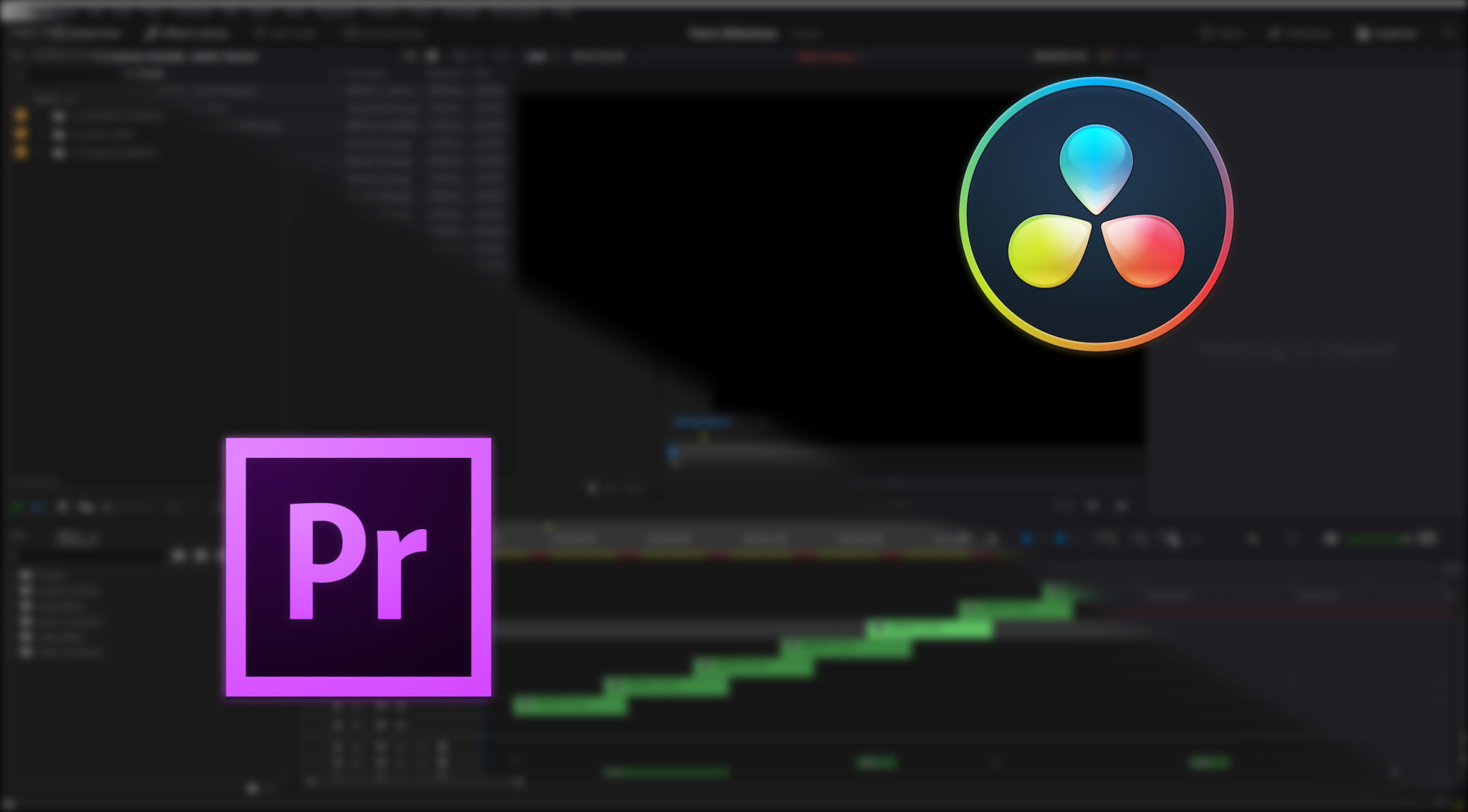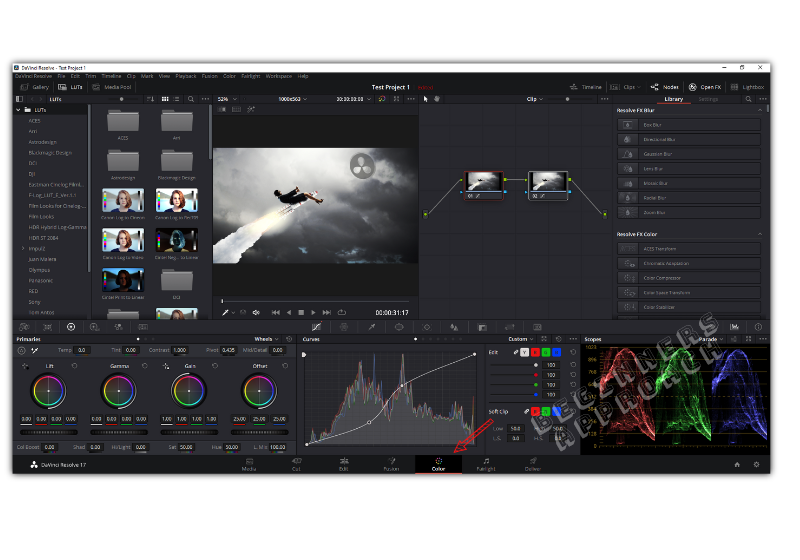

It features a new dual timeline (an overview above and detailed timeline below) that eliminates the need to zoom. It can handle most basic chores, including importing, trimming, dissolves, titles, audio mixing and color matching, all directly from the timeline. With Resolve 16, Blackmagic Design introduced Cut, which is designed to fit better on a laptop screen and help YouTubers edit faster. However, you can program Resolve to work the same way simply by choosing Adobe Premiere Pro from the keyboard customization settings. Most editors rely on keyboard shortcuts to work efficiently, and, of course, they’re different in each app. And basic functions like setting trimming, cutting and inserting work in much the same way. Bins, effects, the timeline and source and record viewers are in roughly the same places. Resolve’s Edit space is surprisingly similar to editing in Premiere Pro.

That’s without even talking about the extra cost of those apps. It’s faster and more convenient to do color correction, audio work and effects than it is to jump from Premiere Pro to After Effects to Audition using Adobe’s dynamic link system. I like that all the Resolve apps are bundled into one workspace.

The same can’t be said about After Effects, for instance, which has a vastly different UI from Premiere Pro. The different Resolve apps have a similar look and feel, so it’s easier to learn the parts of the program. Adobe Premiere Pro versus Davinci Resolve 16.2 shootoutDavinci Resolve 16.2 color page


 0 kommentar(er)
0 kommentar(er)
